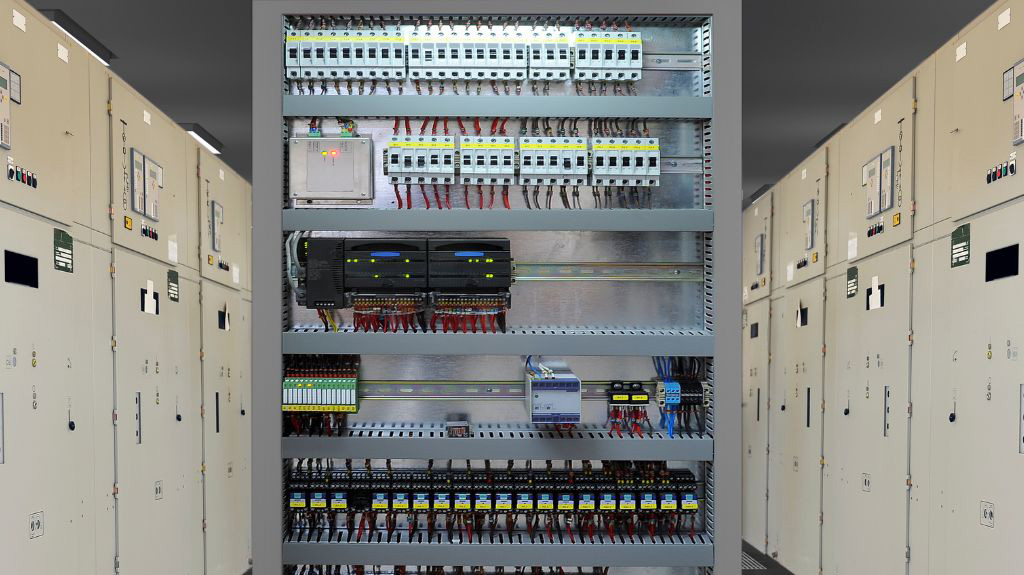In the fast-paced world of business, staying ahead of the competition requires constant innovation and adaptation. One of the most transformative technologies in recent years is automation. From streamlining routine tasks to enhancing overall operational efficiency, automation solutions have become a game-changer for businesses across industries. In this blog post, we will explore automation’s numerous benefits and showcase real-world examples of how companies have leveraged this technology to improve efficiency, reduce costs, and gain a competitive edge.
The Power of Automation: A Paradigm Shift in Business Operations
Automation involves the use of technology to perform tasks with minimal human intervention, allowing businesses to streamline their processes and focus on strategic initiatives. The benefits of automation are multi-faceted and touch various aspects of business operations.
Increased Efficiency
One of the primary advantages of automation is the significant improvement in operational efficiency. Repetitive and time-consuming tasks that were once handled manually can now be automated, freeing up valuable human resources for more strategic and creative endeavors. For example, routine data entry, invoice processing, and customer support inquiries can be automated, reducing the likelihood of errors and improving the speed of execution.
Cost Reduction
Automation can lead to substantial cost savings for businesses. By automating manual tasks, companies can minimize the risk of human error, reduce labor costs, and optimize resource allocation. A classic example is the automation of payroll processing, where software can accurately calculate salaries, taxes, and deductions, eliminating the need for extensive manual input and reducing the likelihood of errors that could result in financial losses or compliance issues.
Enhanced Accuracy and Consistency
Human errors can be inevitable, especially when dealing with repetitive tasks. Automation eliminates the risk of errors associated with manual processes, ensuring that tasks are completed with precision and consistency. This is particularly crucial in industries where precision is paramount, such as manufacturing, healthcare, and finance.
Real-world Examples: How Companies Have Transformed with Automation
Tesla’s Automated Manufacturing
Tesla, the electric car giant, has revolutionized the automotive industry by incorporating automation into its manufacturing processes. The company utilizes robotic arms and automated assembly lines to produce vehicles with unparalleled precision and efficiency. This not only accelerates production but also ensures a high level of quality control, setting Tesla apart in an increasingly competitive market.
Amazon’s Fulfillment Centers
In the realm of e-commerce, Amazon has set the gold standard for efficiency in fulfillment centers through automation. From the moment a customer places an order to the point of shipment, various automated systems, including robotic pickers and packers, work seamlessly to fulfill orders. This not only reduces the time it takes to process and dispatch orders but also minimizes the margin for error, leading to improved customer satisfaction.
Chatbot Integration at Bank of America
Bank of America has embraced automation in customer service through the integration of chatbots. These AI-powered bots handle routine customer inquiries, such as checking account balances and transaction history. This not only enhances customer experience by providing instant responses but also allows human customer service representatives to focus on more complex and personalized issues, ultimately improving overall service quality.
Installation and Support Services: Key Considerations for Automation Systems
Implementing automation solutions requires careful planning, execution, and ongoing support to ensure seamless integration into existing business processes. Larger automation systems, such as enterprise resource planning (ERP) or customer relationship management (CRM) software, often require specialized installation and support services.
Professional Installation
Many automation solutions, especially complex software systems, benefit from professional installation to ensure that all components are configured correctly and integrated into the existing infrastructure. This helps avoid potential disruptions and ensures a smooth transition to automated processes.
Comprehensive Training Programs
To maximize the benefits of automation, employees must be well-versed in using the new technologies. Comprehensive training programs should be implemented to familiarize staff with the automated processes, address any concerns, and empower them to leverage the technology to its full potential.
Ongoing Support and Maintenance
Automation systems require continuous support and maintenance to address any issues, apply updates, and optimize performance. Partnering with a reliable support service ensures that businesses can address challenges promptly, minimizing downtime and maximizing the return on investment in automation.
In conclusion, the adoption of automation solutions represents a paradigm shift in the way businesses operate, offering unprecedented opportunities to enhance efficiency, reduce costs, and gain a competitive edge. Real-world examples from companies like Tesla, Amazon, and Bank of America demonstrate the transformative power of automation across various industries. While the benefits are clear, businesses must also consider the importance of professional installation and ongoing support services to fully realize the potential of automation in their operations. Embracing automation is not just a technological upgrade; it’s a strategic move that positions businesses for success in the dynamic and competitive landscape of the modern business world.


